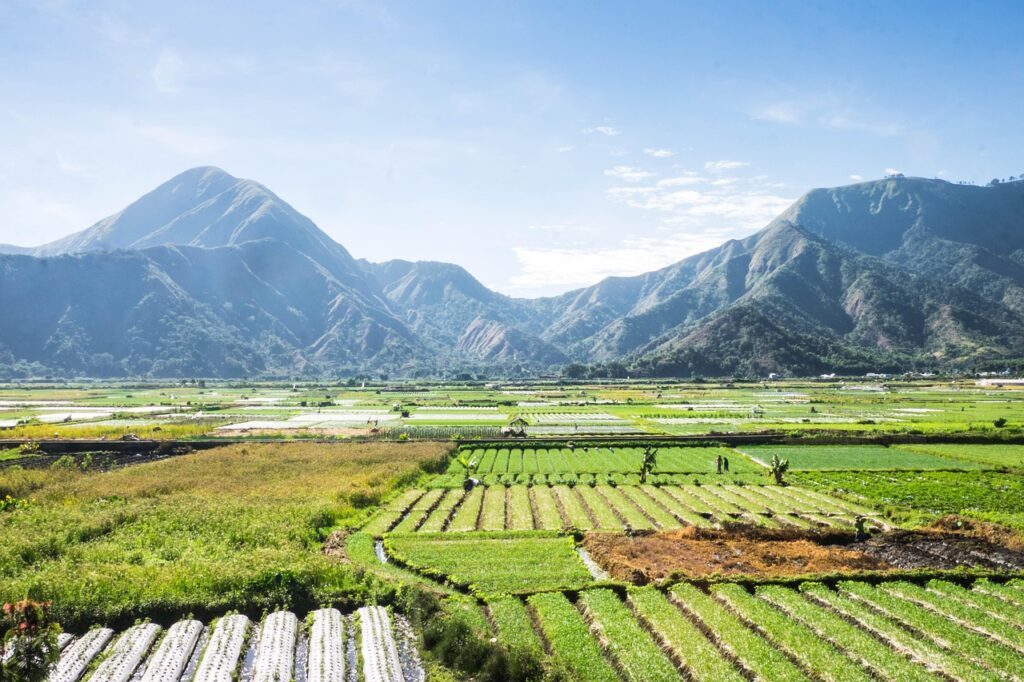Top Mistakes to Avoid When Importing Spices from Southeast Asia

Southeast Asia is home to some of the world’s most valuable spices, including cloves, nutmeg, cinnamon, turmeric, and black pepper. For centuries, countries like Indonesia have been supplying global markets with bold, aromatic ingredients that elevate everything from fine cuisine to herbal medicine. Today, international demand for these spices continues to grow, but sourcing them correctly still comes with challenges.
Whether you’re a seasoned importer or just starting out in the spice trade, it’s important to understand the common pitfalls that can affect product quality, shipment reliability, and long-term business success. Below are several of the most frequent mistakes importers make when sourcing spices from Southeast Asia, and how to avoid them.
One of the biggest mistakes is not knowing the exact grade of spice being purchased. For example, Indonesian cloves come in different qualities such as hand-picked, mixed, or FAQ (Fair Average Quality). Hand-picked cloves are typically cleaner, more mature, and higher in oil content. Lower-grade cloves may contain stems, immature buds, or dust, which can reduce flavor, shelf life, and overall appeal. Importers who don’t ask for the right specification often receive inconsistent or underwhelming product. The best way to avoid this is by requesting a clear product specification and up-to-date photos or video of the actual batch before confirming your order.
Another issue that’s often overlooked is moisture content. If cloves, nutmeg, or cinnamon are not properly dried and stored, high moisture levels can lead to mold growth during international shipping. This can result in entire shipments being spoiled or even rejected by customs authorities. While many Indonesian suppliers rely on sun-drying, the process can be inconsistent during the rainy season or in humid regions. It’s important to confirm the spice has been dried to an acceptable moisture level, ideally under 12 percent and that it has been stored in a dry, ventilated facility.
It’s also common for buyers to assume that every supplier is familiar with international export requirements. Many local producers in Indonesia are highly skilled at farming and processing, but not all of them understand what is required for smooth global trade. Missing documents like a phytosanitary certificate, fumigation report, or Certificate of Origin can cause serious delays at the destination port. That’s why it’s essential to work with an experienced export partner who understands how to manage documentation, labeling, packaging, and logistics from start to finish.
Finally, importers often forget that spices are seasonal products. Timing your purchase is just as important as choosing the right supplier. For example, Indonesia’s clove season generally runs from June to October. Buying early in the harvest typically results in fresher product with better flavor and oil content. Buying late can mean older inventory or limited stock, especially during high-demand periods. Smart importers plan ahead based on the harvest calendar and always ask about the age of the crop they’re buying.
Importing spices from Southeast Asia is full of opportunity, but also requires local knowledge, quality control, and a reliable export process. At Nusakara, we make the journey smooth and transparent. From selecting the right grade to ensuring all documentation is in place, we help buyers around the world access the best of Indonesian spices with confidence and consistency.
Let us know if you’d like to explore detailed spec sheets, sample requests, or custom packaging options for your spice business. We’re here to support you at every step.

